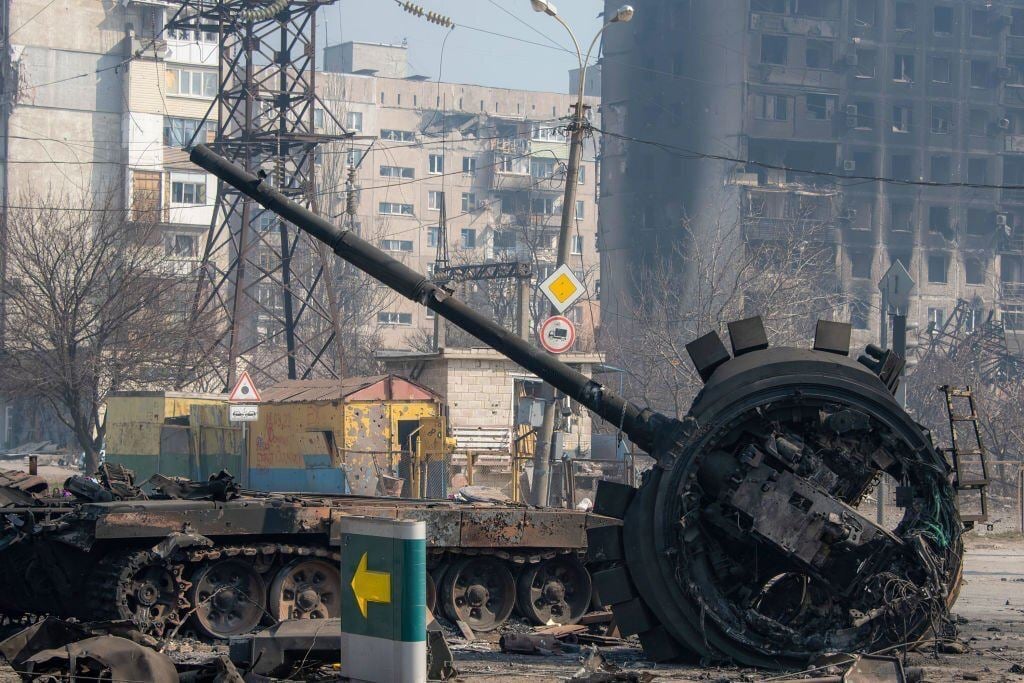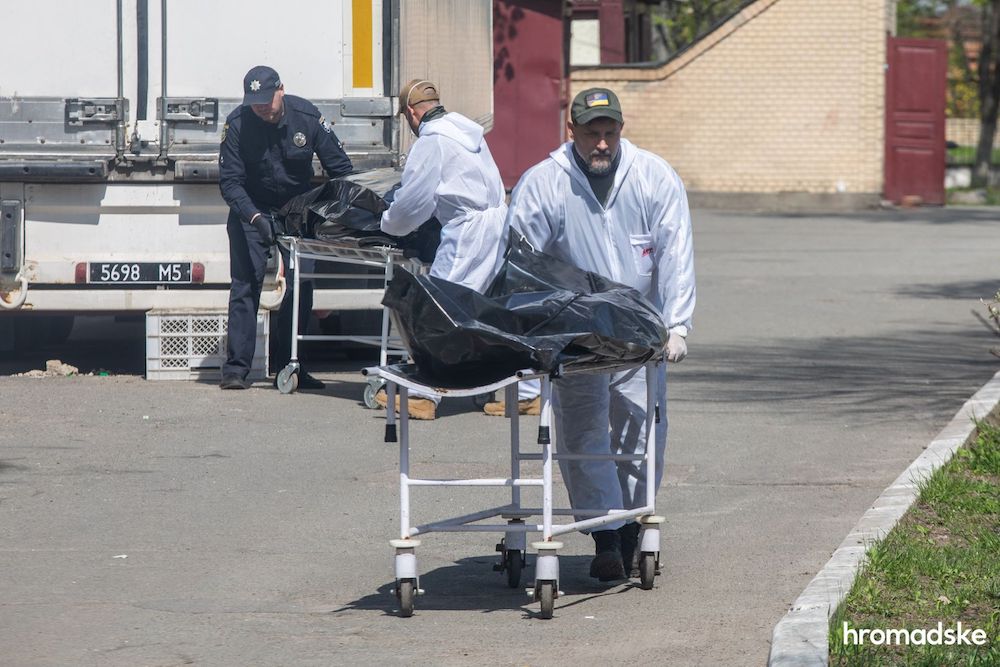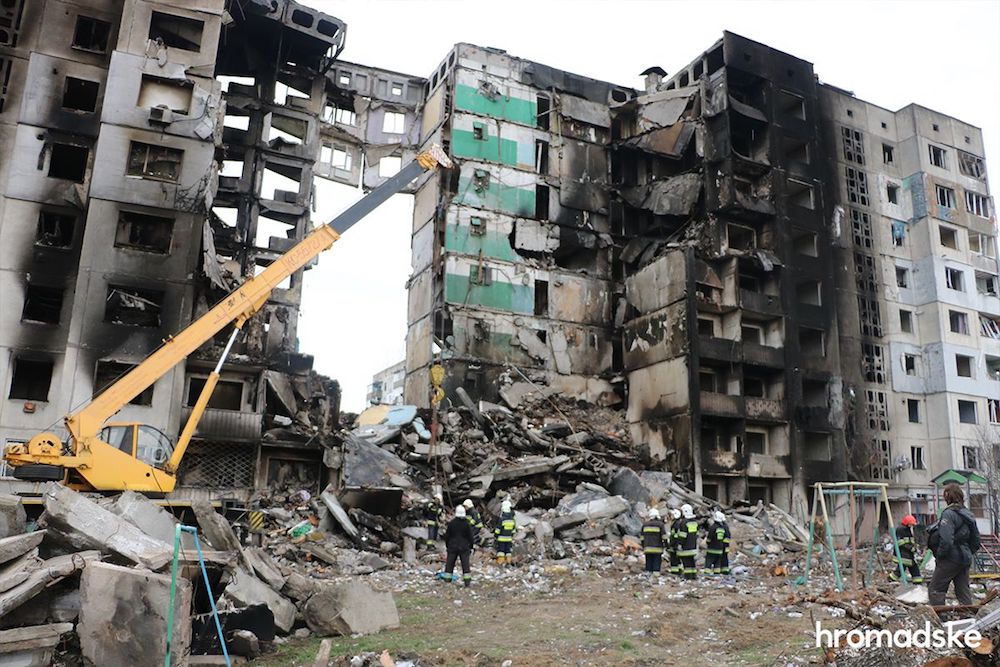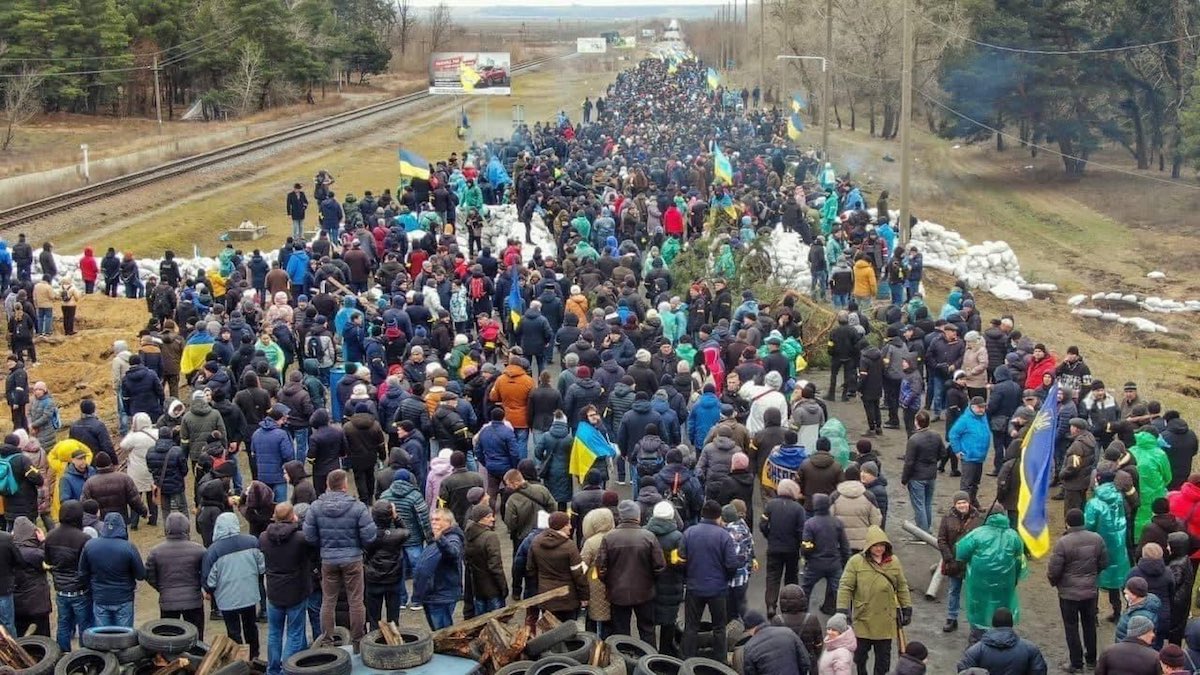Nuclear strike, counteroffensive, or truce - what to expect next in Russo-Ukranian war?
Western experts discuss the outcomes of the war in Ukraine
If Russia uses nuclear weapons in Ukraine, it will receive a devastating “powerful non-nuclear response” from the West, according to Ben Hodges, the former commander of the United States ground forces in Europe.
Many were waiting for a turning point on May 9 – in honor of the day of victory over fascism, Russian troops could try to achieve some important success, or Vladimir Putin would use the holiday to declare war or general mobilization.
But neither of these happened.
Western military analysts discuss what Putin’s military plans are in Ukraine and how this war could end with the Ukrainian Hromadske media outlet.
“The battle for Donbas will end in defeat for Putin”
John Herbst, former US Ambassador to Ukraine (2003-2006), director of the Atlantic Council Eurasia Center:
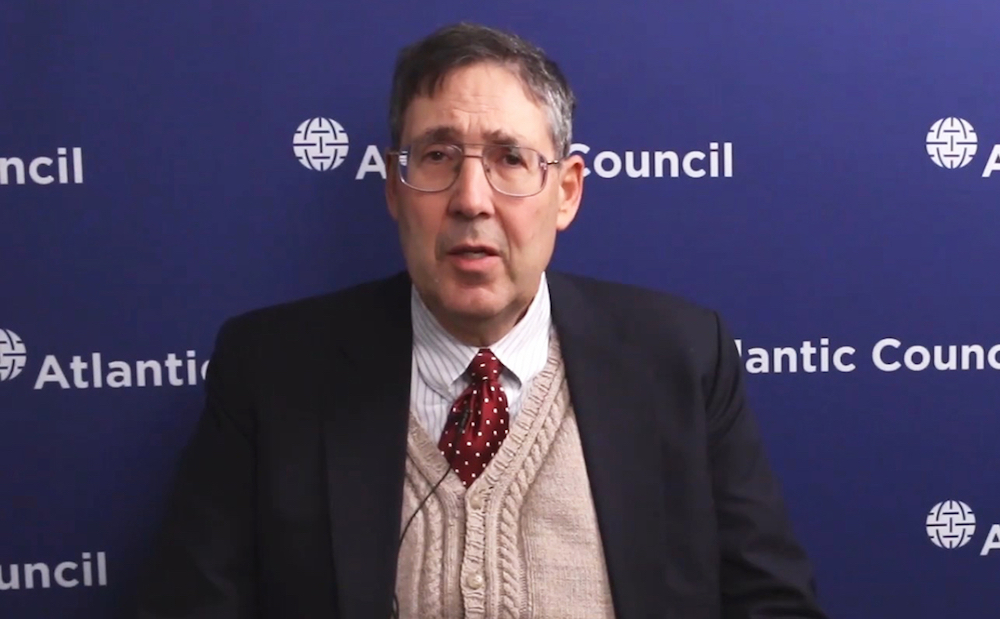
The only thing that can be said for sure now is that Putin will want to demonstrate something at least resembling a victory.
At the same time, we understand that in fact he does not currently have the opportunity to achieve the desired success, with the exception of Mariupol.
The battle for Donbas will end in defeat for Putin, however, this does not mean that he will recognize this defeat – rather the opposite.
I want to note – if the United States and Western countries provide Ukraine with all the weapons that Ukraine asks for as soon as possible, Kyiv’s chances of regaining control of as many territories as possible will increase.
At some point, Putin or the ruling elite will have to admit that this “special military operation” was a failure, given the damage the war is doing to themselves and Russia.
However, if this happens, it will not necessarily mean that Russia will withdraw from the entire territory of Ukraine, it will only mean an agreement to a ceasefire and a cessation of the military operation on the scale we see now.
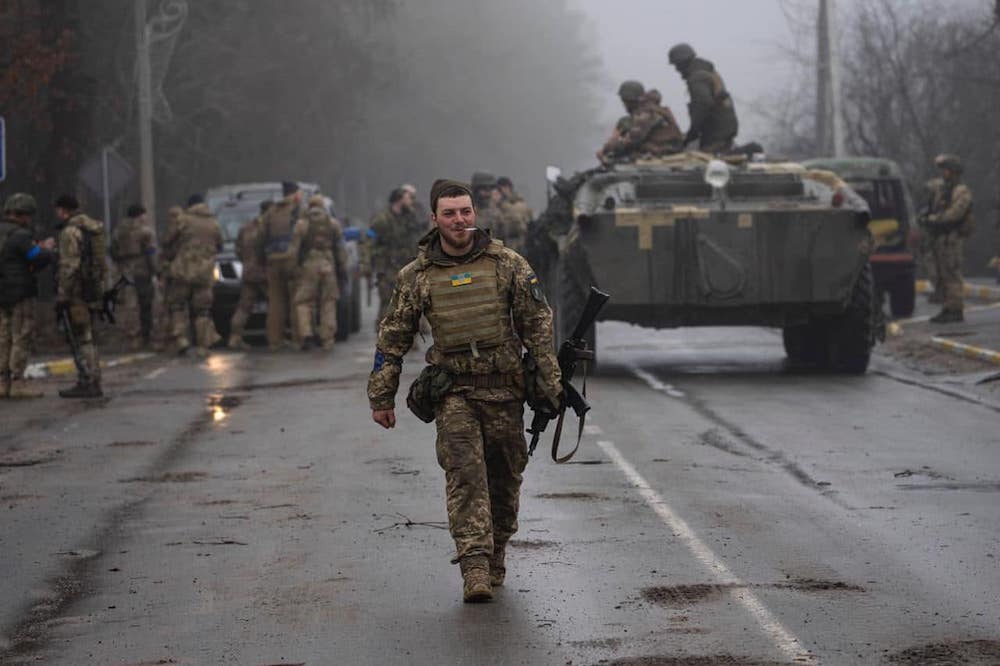
There is a risk that Russia will keep the territories it occupied before February 24th.
There are two most discussed options. The first is simply a ceasefire, and it will come, no matter where the demarcation line is at that moment.
This option will not force Moscow to admit that it was wrong, and at the same time, it will probably mean that all sanctions imposed on Russia remain in force, and this will be very unprofitable for her.
Another scenario is the real end of the war, the withdrawal of Russian troops from the entire territory of Ukraine, except, perhaps, with the exception of Crimea (the solution to this issue will be agreed later), and the completion of all offensive operations.
This, I think, will require a significant easing, if not lifting, of most of the sanctions. All that is required of Russia is the realization and recognition that this new invasion has become catastrophic for it.
If Putin decides to use nuclear weapons
Ben Hodges, former commander of the United States Army in Europe, leading expert at the Washington Center for European Policy Analysis:
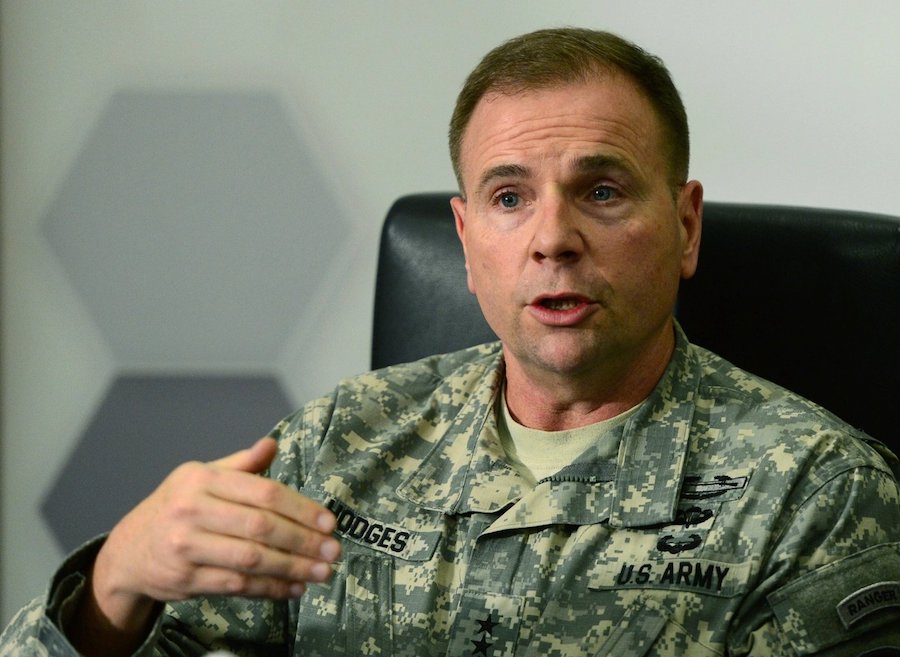
…In fact, I think the Russians still have a couple of months before they run out of weapons and ammunition, as well as the ability to continue to fight.
In no case will they admit defeat, they will rather try to create some kind of illusory victory: they say that they liberated such large territories of Ukraine from the ‘Nazis’.
Putin may continue to talk about nuclear weapons, and threaten to use them, but it is very unlikely that he will actually go through with it.
If he decides to do this, I think he knows that he will receive a powerful non-nuclear response from the West, which will nullify all the achievements of Russia in Ukraine.
What will happen after the “battle for Donbas”? It is likely that the Russians will try to change the dynamics of the war through the use of tactical nuclear weapons. It doesn’t look like it yet, but if Putin does decide to do it, it won’t give him any significant advantage.
I think that there are also people in Putin’s entourage who understand that after Putin there must be some kind of life in their country.
Victory in the war for Ukraine will consist of three components.
First, to return the Russians to the borders where they were on February 23rd. The Russians must not be allowed to retain control over any Ukrainian territory captured after 24 February.
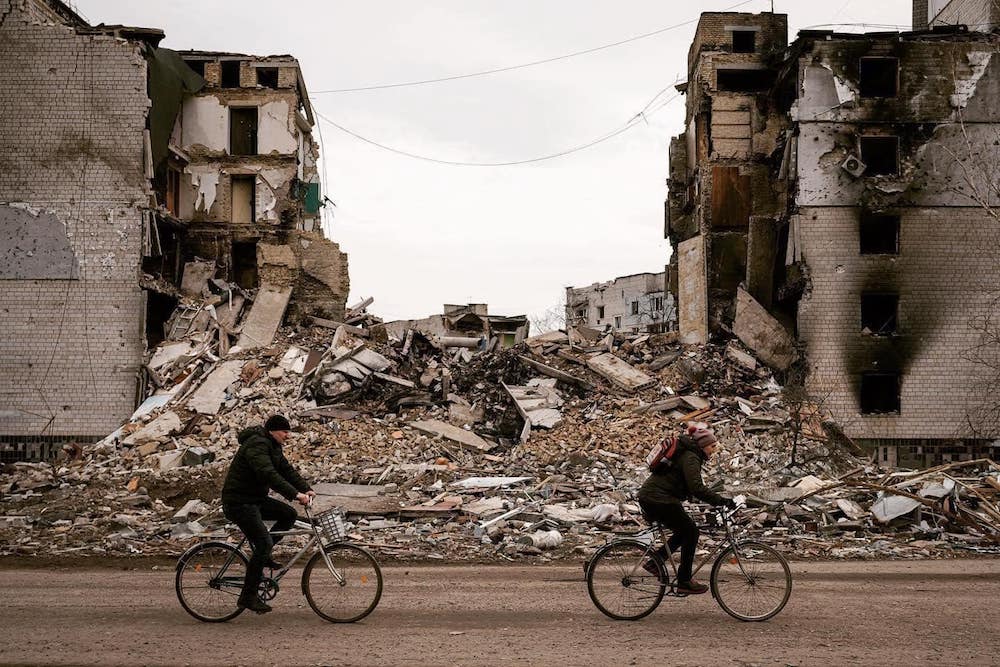
Therefore, we must do everything possible to ensure that the Ukrainian Armed Forces are strong enough.
Secondly, we must take on long-term commitments to the final and complete restoration of Ukrainian sovereignty, that is, the return of Crimea and Donbass under the control of Kyiv.
And thirdly, we must ensure that tens of thousands of Ukrainians who are kidnapped and deported to Russia are immediately returned home.
Who knows how long this will still go on? Anyone who tries to talk about some kind of clear timeline has no idea what they are talking about.
If we provide Ukraine with all the necessary support, then its success will be noticeable in the displacement of Russians from its territory by the end of this year.
But it is impossible to make any certain predictions – there are too many factors at play here. This won’t end quickly, that’s for sure.
The next stage is the counteroffensive of the Ukrainian forces
Lawrence Friedman, Emeritus Professor of Military Studies at King’s College London:
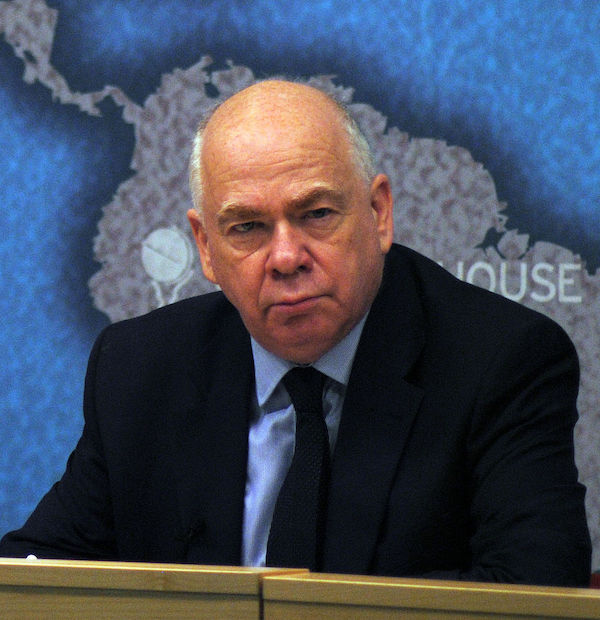
…Agreeing to a ceasefire would make more sense to Putin than seeking new forms of escalation or resorting to threats with the same nuclear or chemical weapons. It won’t help him in any way, it will only make it worse.
All this does not solve the political and military problems of Russia, it only creates new, very big ones.
The Russians justified their departure from Kyiv with a kind of gesture of peace, and support for peace negotiations. They know they have failed, but how they present it is another matter.
At the same time, now they clearly cannot win, at least not in the way they wanted on February 24th.
For both sides, the war may end in a stalemate: it is difficult to maintain such a high intensity of hostilities …
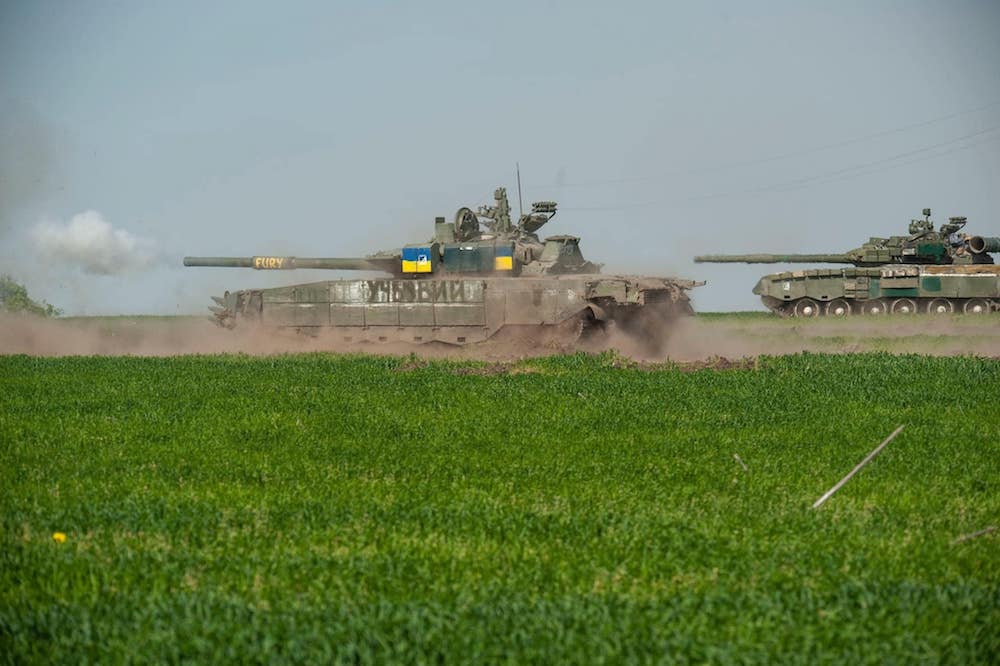
I don’t think the Russians will be able to sustain this pace for more than a couple of weeks. They are losing a large amount of military equipment.
The next stage of the war that I see is the counteroffensive of the Ukrainian Armed Forces. This means that in some parts of the front you will be against Russian forces with defensive advantages, and this can be difficult …
… Can Ukraine restore its power over the temporarily occupied territories, in particular, Donetsk and Luhansk? I think it’s possible. It will be very difficult with Crimea, but everything is possible…
… Over time, the advantage will inevitably be on the side of Ukraine.
We see no dynamic changes on the battlefield (with the exception of the withdrawal of Russian troops from the north, which they say they have kept under control).
However, now the changes can happen thanks to the Ukrainian counter-offensive and happen very quickly. Defeated armies sometimes fall apart rather quickly.










